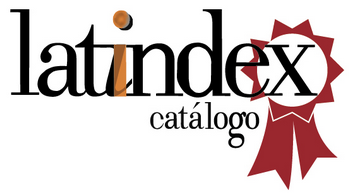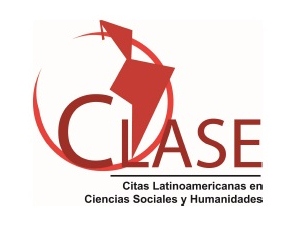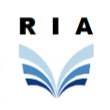Las teorías de la conspiración y su efecto sobre las decisiones
Argumentos inconsistentes para no vacunar. Una revisión de la literatura
Resumen
Las teorías de la conspiración (TC) afectan la toma de decisiones en salud, proporcionando a los individuos información sesgada que ayuda a justificar negativas a vacunar. Existen tres elementos que determinan la capacidad racional de una persona para tomar decisiones. Las TC pueden modificar la respuesta individual sobre estos tres elementos y particularmente en la racionalidad de las decisiones. A partir de ellas, los sujetos sienten disminuir incertidumbre y ansiedad al reducir el espectro de complejidad de una amenaza. Objetivo: analizar la evidencia documental de artículos académicos publicados de 2005-2016 relacionados con las TC, la construcción de estas teorías, y su difusión y efecto sobre decisiones en salud. Se revisaron 22 artículos que apoyaron a la construcción de cuatro categorías de análisis. Los estudios muestran cómo las inferencias falsas conducen a decisiones que pueden tener consecuencias negativas en la salud de niños y niñas y de la sociedad en general.Una vez que un texto es aceptado para su publicación en Quadripartita Ratio, sus autores deben firmar dos documentos de carácter legal: una Licencia de uso y una Declaración de autoría.
Con la Licencia de uso, los autores autorizan la publicación de su obra y la difusión de ésta (integración en bases de datos, difusión en nuestras redes sociales, reediciones posibles, etc.). No obstante, se autoriza la descarga, reproducción y distribución de todos nuestros contenidos publicados, siempre que no se modifique el contenido y se indique su origen (nombre de la revista, volumen, número, páginas y dirección electrónica del documento).
Con la Declaración de autoría, los autores manifiestan que la obra es de su autoría, original e inédita.









